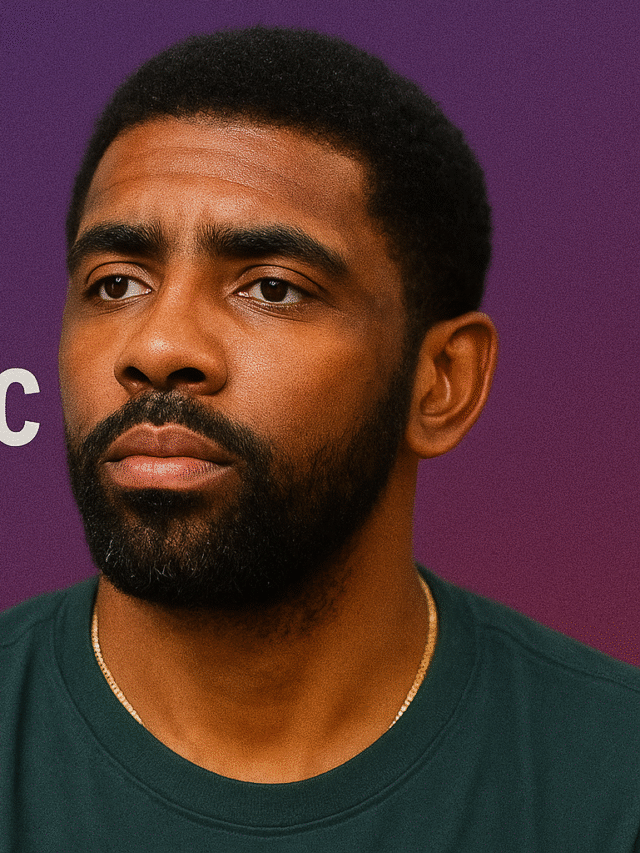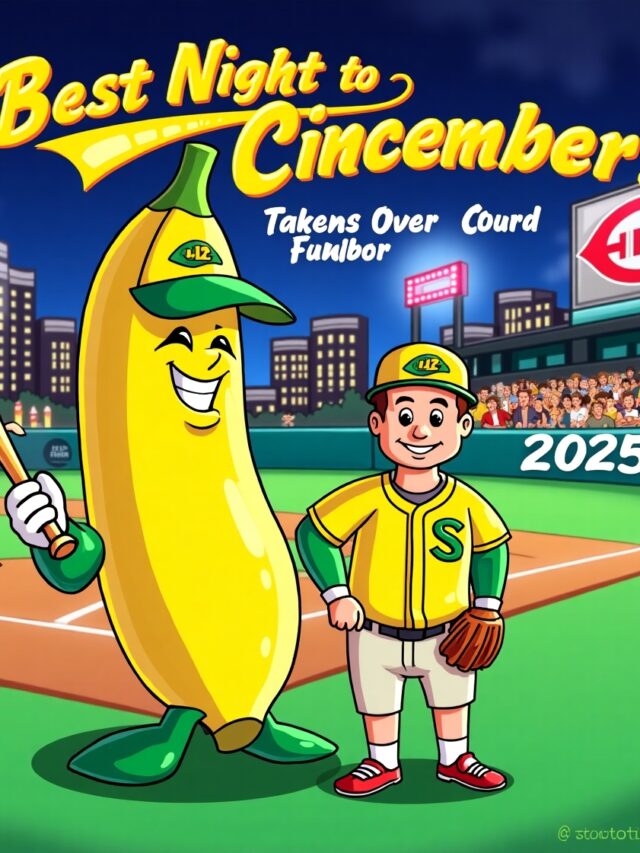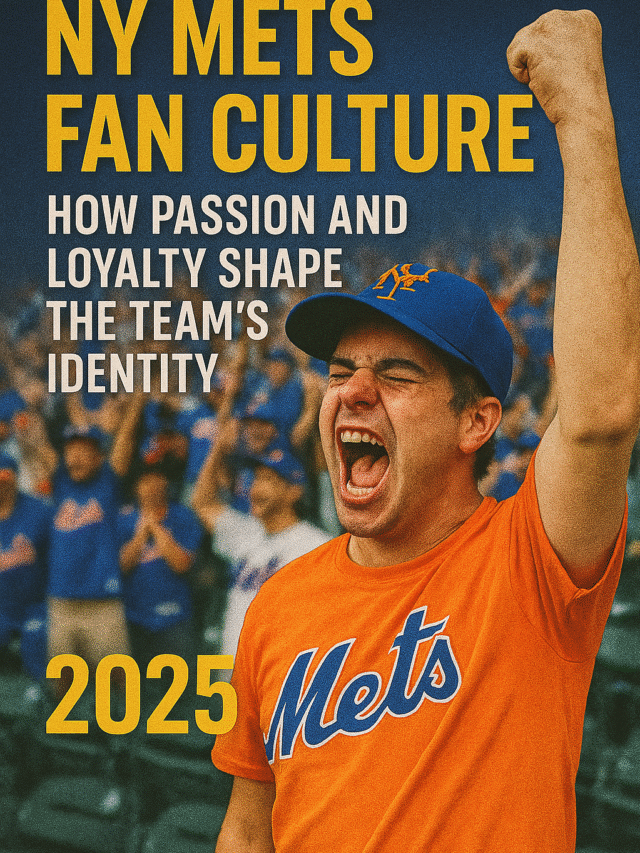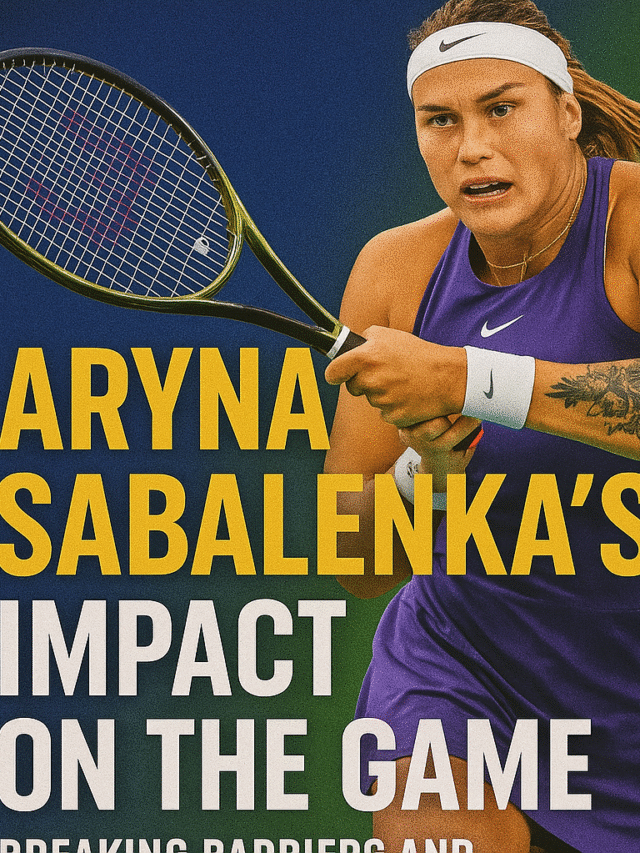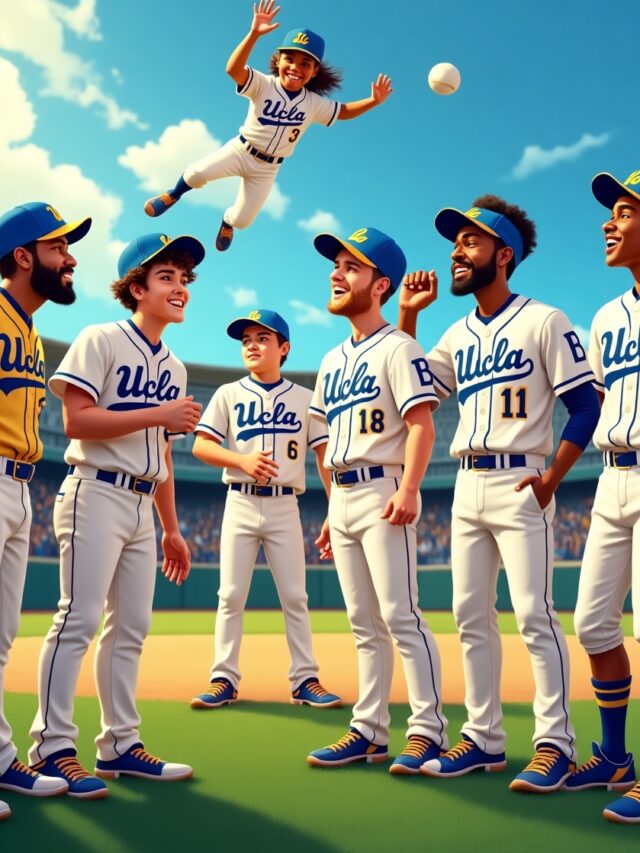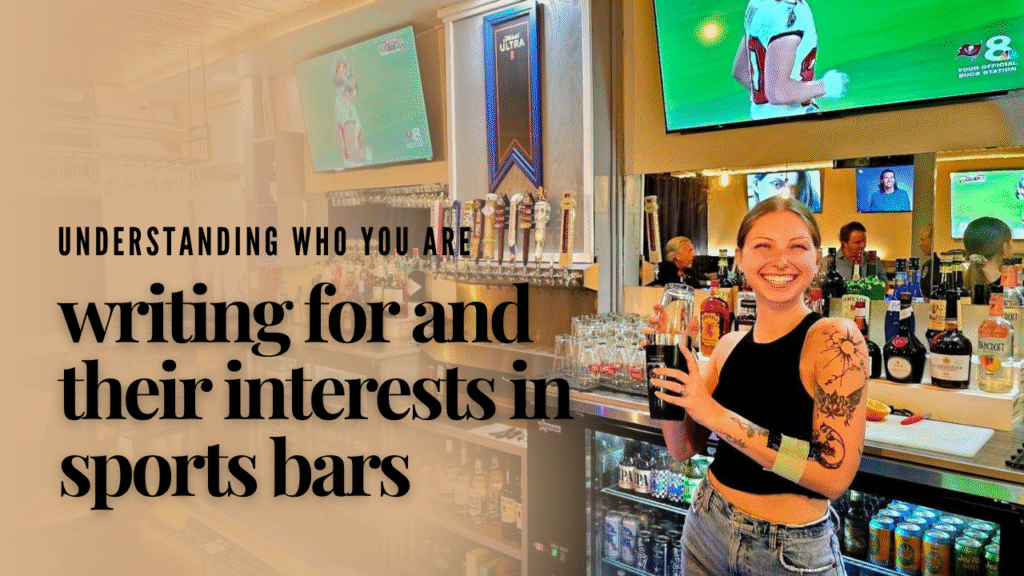Raleigh Ties Griffeys Baseball: A First-Hand Account
Walking through the vibrant streets of Raleigh, North Carolina, I couldn’t help but notice how deeply ingrained baseball is in the fabric of this community. It’s not just a pastime here—it’s a celebration of history, family, and local pride. I could feel it in the chatter of fans gathered at PNC Arena and see it in the worn baseball caps emblazoned with familiar team logos. But what truly caught my attention was the connection between Raleigh and one of baseball’s most celebrated families—the Griffeys.
What started as journalistic curiosity soon turned into a personal exploration of how Raleigh ties Griffeys baseball in ways both surprising and profound. What I uncovered was more than just a story of bats and balls; it was a tale of legacy, hard work, and the enduring power of community.

Tracing the Timeline of Raleigh and the Griffeys
The story of the Griffey family begins far from Raleigh, with Ken Griffey Sr.’s illustrious career in Cincinnati. Yet, when you dig a little deeper, Raleigh emerges as a fascinating backdrop in the tapestry of Griffey baseball. For anyone unfamiliar with the Griffey family, both Ken Griffey Sr. and his son, Ken Griffey Jr., are legendary players in Major League Baseball. Griffey Sr. laid the foundation as a three-time All-Star, while Griffey Jr. cemented his place in history with his natural talent, iconic swing, and a staggering 630 career home runs.
But here’s where Raleigh steps into the picture. During my visit, I learned that Raleigh hasn’t been a place the Griffeys simply pass through—it plays an integral role in their family history, particularly for Griffey Jr.’s professional beginnings and later work in youth sports development.
The Griffeys’ Impact on Youth Baseball in Raleigh
As I walked toward the baseball field at a local sports complex, the scent of freshly cut grass and the sound of aluminum bats connecting with baseballs filled the air. It was here, amidst aspiring young players, that I began to spot the threads connecting Raleigh to the Griffeys. Talking to parents and coaches revealed how much the Griffey name inspired not only the youth but also the growth of local leagues.
The Griffey family has long championed giving back, whether by mentoring youth players or investing in sports programs. One coach shared a story about how Ken Griffey Jr., in his approachable manner, spent hours engaging with kids during a youth baseball event in Raleigh a few years ago. “It was surreal watching a legend like him squat down and show kids how to adjust their batting stance. He didn’t act like a Hall of Famer; he acted like a dad,” the coach said with a wide smile.
That moment stayed with me throughout my time in Raleigh. Beyond the stats and accolades, what makes the Griffeys stand out is their commitment to showing up—not just on fields in front of millions of fans but here on local grounds where their presence changes lives.
Raleigh’s Baseball Legacy and the Griffey Connection
To understand Raleigh’s ties to Griffeys baseball, it’s essential to first understand Raleigh’s rich relationship with the sport. This city has always been steadfast in its support for baseball, and the Durham Bulls—a Triple-A affiliate of the Tampa Bay Rays, located close to Raleigh—are living proof. From the dynamic games hosted each season to the region’s vibrant baseball culture, Raleigh and its neighbouring areas breathe life into the sport.
During my conversation with a local sports historian, I learned how Raleigh regularly attracts professional baseball stars. For many, it’s a training ground, a place to connect with the roots of the game. The historian pointed out that Griffey Jr. particularly resonated with Raleigh not for the glitz of stadiums but the grounded sense of family the community offers. “Raleigh has an unusual way of making people feel at home, and I think that’s why you see someone like Griffey Jr. return here so often.”
A Tour Through Raleigh Baseball Hotspots
One of the many highlights of my trip was touring some of Raleigh’s baseball hotspots. Areas steeped in history, like the Historic Oakwood neighbourhood, revealed fascinating anecdotes about baseball’s past in Raleigh. But modern venues, like the DBAP (Durham Bulls Athletic Park) and various training facilities, showed another side of how the sport thrives today.
Standing on the bleachers at the DBAP, it was impossible not to think of how this ballpark might remind Griffey Jr. of his early days training and honing his craft. “There’s something poetic about these fields,” I thought to myself. Raleigh isn’t flashy, but it’s vibrant, inclusive, and authentic—qualities I imagine resonate with anyone connected to the sport, including someone of Griffey’s calibre.

Learning from Locals Who Love the Griffeys
Throughout my reporting, it struck me how often the Griffey name came up in casual conversations with Raleigh locals. At a small diner near Moore Square, I talked with Tony, an old-timer who claimed to have attended a youth game where the Griffey father-son duo made an appearance. “You’d think the younger kids wouldn’t know about Ken Griffey Sr., but when he stood up to the plate at the practice session, their eyes lit up,” Tony recalled. “They may have been cheering for Jr., but you could see how much respect they had for the family as a whole.”
Later that day, I spoke with a group of teenagers practicing at a batting cage near Lake Johnson. To them, Griffey Jr. is a superhero—someone who proves that success doesn’t automatically make you untouchable. “At school, we had this whole day where we studied his career,” one high-schooler shared between swings. “It’s crazy to think someone that big still cares about places like Raleigh.”
Raleigh as a Hub for Legacy and Progress
What makes Raleigh such a fitting tie to the Griffey family is its dual role as a place that honours the past and leans into the future. Much like Griffey Jr., Raleigh balances humility with ambition. The city embraces its role as a smaller sibling to larger sports hubs, choosing instead to focus on cultivating talent and offering opportunity.
It’s in this balance that Raleigh finds synergy with the Griffeys’ ethos. Their passion for giving back, paired with the city’s steadfast commitment to nurturing sports culture, makes Raleigh a natural stage for continuing the family’s legacy.

Personal Reflections From the Journey
By the time my trip wound down, I couldn’t help but feel inspired by the seamless way Raleigh ties Griffeys baseball, uniting legends, aspiring youth, and everyday fans. Every corner of this city reminded me why baseball is more than just a game. It’s a narrative woven through time—a tale of effort, connection, and dreams.
While Ken Griffey Jr. may no longer be an active player, his presence—as well as his family’s influence—continues to shape future generations. Here in Raleigh, that impact feels tangible. From local leagues to training camps, their story becomes a bridge, connecting aspiring talent to the greats who’ve come before.
Raleigh doesn’t just attract people to its baseball culture. It enhances their story, whether you’re a small-town kid dreaming of the big leagues or a fan lucky enough to see Ken Griffey Jr. on the field. For me, this visit was a reminder of why legacies endure. Because they aren’t just about individual achievements—they’re about the communities, like Raleigh, that cheer them on every step of the way.
